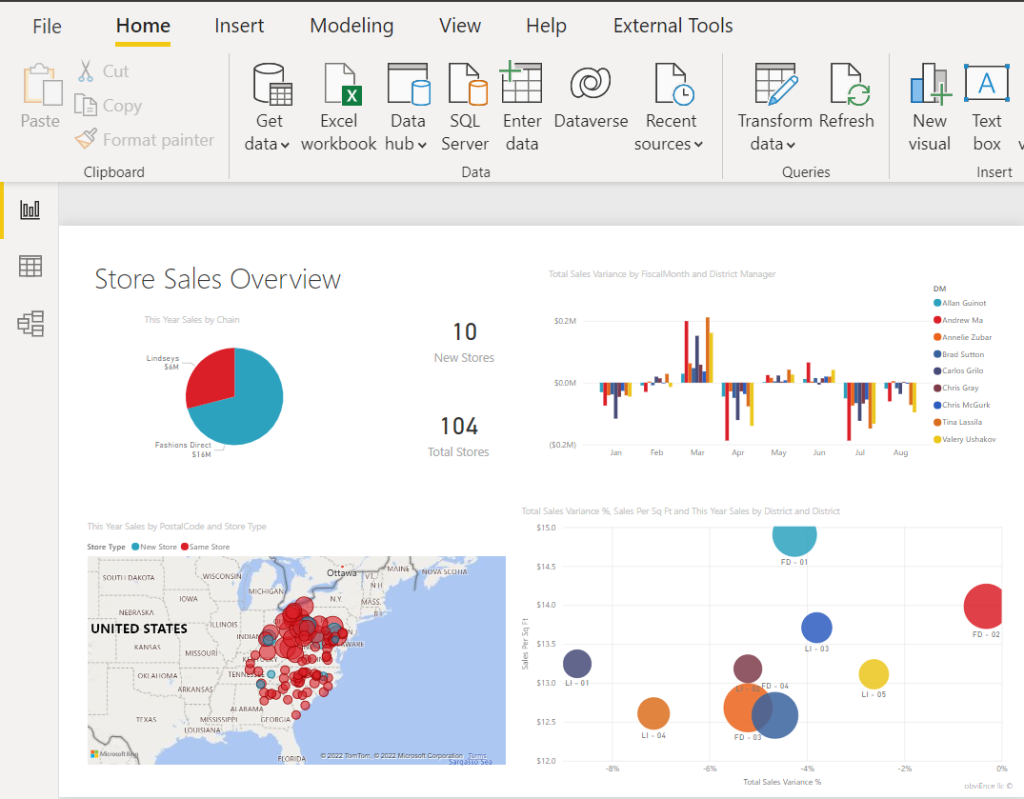Data analytics has become a crucial tool in project management, offering significant advantages in planning, execution, and completion of projects. Here are several ways data analytics enhances project management:

1. Improved Decision Making
- Data-Driven Decisions: Access to real-time data allows project managers to make informed decisions based on actual performance metrics rather than intuition or guesswork.
- Predictive Analytics: Analyzing historical data helps predict future trends, potential risks, and project outcomes, enabling proactive management.
2. Enhanced Resource Management
- Optimal Resource Allocation: Data analytics can identify the most efficient use of resources, ensuring that the right resources are allocated to the right tasks at the right time.
- Capacity Planning: Analyzing resource usage patterns helps in planning future capacity needs and avoiding over-allocation or under-utilization.

3. Risk Management
- Risk Identification: By analyzing past project data, potential risks can be identified early in the project lifecycle.
- Risk Mitigation: Data analytics can suggest mitigation strategies by comparing similar past projects and their outcomes.
4. Performance Monitoring
- Key Performance Indicators (KPIs): Real-time tracking of KPIs helps monitor project progress and performance against set benchmarks.
- Performance Forecasting: Trends and patterns in the data help forecast future performance, allowing for adjustments to be made proactively.
5. Cost Management
- Budget Tracking: Detailed tracking of expenditures helps maintain the project budget and identify cost overruns early.
- Cost Estimation: Analyzing historical cost data provides better estimates for future projects, improving financial planning.
6. Stakeholder Management
- Enhanced Communication: Data visualization tools provide clear and concise updates to stakeholders, ensuring transparency and improved communication.
- Stakeholder Satisfaction: Regular updates and data-backed reporting increase stakeholder confidence and satisfaction.
7. Process Improvement
- Identifying Bottlenecks: Analyzing workflow data helps in identifying bottlenecks and inefficiencies in the process.
- Continuous Improvement: Insights gained from data analysis can be used to refine and improve project processes continually.
8. Project Scheduling
- Accurate Scheduling: Data analytics tools can create more accurate project schedules by considering various factors like resource availability, task dependencies, and historical data.
- Timeline Adherence: Continuous monitoring of the schedule ensures that timelines are adhered to and any delays are addressed promptly.
Tools and Techniques in Data Analytics for Project Management

- Business Intelligence (BI) Tools: Tools like Power BI, Tableau, and QlikView help visualize data and create insightful reports.
- Project Management Software: Software like Microsoft Project, Jira, and Asana often have built-in analytics features.
- Machine Learning Algorithms: These can predict project risks and outcomes based on historical data.
- Statistical Analysis: Techniques like regression analysis, hypothesis testing, and variance analysis provide deeper insights into project data.
Takeaway
The power of data analytics in project management lies in its ability to transform raw data into actionable insights, leading to better planning, execution, and completion of projects. By leveraging data analytics, project managers can achieve higher efficiency, reduced risks, better cost management, and overall improved project outcomes.